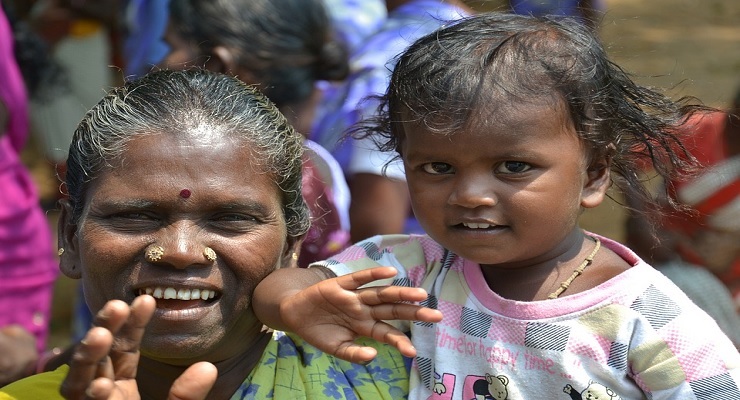
Vijayendra Rao, a lead economist from the development research group of the World Bank, and Paromita Sanyal, from the Florida State University, in their book on gram sabhas (village councils), offer insights into the open-debate-based assemblies in rural India that could act as an answer to distant and non-participatory forms of ‘pro-poor’ governance. This form of direct democracy is organised around the principle of deliberative decision-making that holds that the interests of diverse citizens can be represented by a process of dialogue that builds consensus.
The authors used discussions from 300 gram sabhas in the four South Indian states (undivided Andhra Pradesh). These meetings were sampled from a design that allowed them to tease out the extent to which state policy influences the nature of discourse at these village-level meetings. They find that states that prioritise citizen participation in local governments have substantially better deliberative quality than states that don’t focus on local decentralisation. That said, is participative, deliberative policy-making at the grassroots preferable over a top-down model? Rao and Sanyal find that while illiteracy does not hamper political discourse, it makes the discussions haphazard.
Leave a Reply